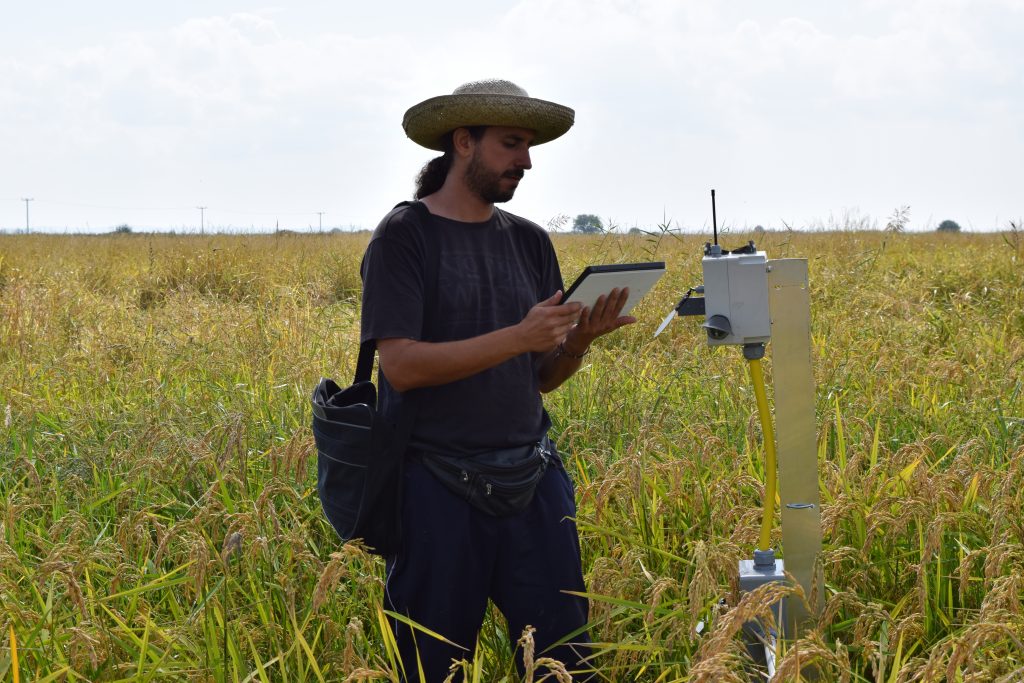
Everything in DEMETER revolves around our 20 Pilots and the real-world use cases and requirements they bring to the table. The objective is to ensure that whatever we develop in DEMETER can be of use to other stakeholders in the smart agricultural domain, but first and foremost to the farmers. The topics, scope and size of our pilots are spanning a huge area, from saving resources, such as water and energy, to a more environmentally compatible crop management with reduced application of fertilisers and pesticides, to improved animal welfare and the tracing of complete supply chains. One of the key aspects in all activities is to put the farmers in control of their data and to support easy but secure data sharing, e.g. for benchmarking or reporting purposes.
During the initial year of our four-year project we worked closely with our farmers to properly understand their current situation, their challenges and their expectations. Along with an inventory of which technologies, methodologies and data are applied and available at the start of the project, the public DEMETER Deliverable D5.2 on stakeholder requirements provides a full description of all the details for each pilot. This will be shared on the website when available.
One of the key aspects in all activities is to put the farmers in control of their data and to support easy but secure data sharing.
On the technology side, the pilots’ input has been used by our technology work packages to define DEMETER enabler, components and services to address the specific interests and needs of our farmers. Many of our partners worked closely with the farmers to develop and deploy new or additional hardware, software and IoT sensors, preparing the pilots for initial data collection in the past growing season. The information collected during this year can on the one hand serve as a benchmarking point to check the efficiency of future DEMETER enhancements, on the other hand the data can be used as input to train and validate new services. The second year of DEMETER just started with the kick off for the Pilot Round 1 implementations. The pilots are receiving the first round of technology results and training to test drive the DEMETER Agricultural Information Model (AIM), architecture concepts, enablers and prototype services in their respective settings.
However, DEMETER is not just about software, hardware, or data, DEMETER is also about offering long term sustainable approaches and services. To do so, we also need to understand the non-technical needs and the key stakeholder groups that have an interest in our contributions to support and promote smart agriculture. Our non-technical Work Packages, who are geared towards business models and dissemination activities from a Multi Actor Approach perspective, are also working with the pilot partners and the farmers to improve our knowledge about key players for market adoption, their respective power and influence. Again, during the second year, the interaction with the farmers and pilot pilots is expected to provide a wealth of new insights. To us it is crucial to address what is really needed on the ground, in the fields and stables, to make everyday life of our farmers a little easier with the right information at the right time, whilst reducing negative environmental impacts as much as possible.


